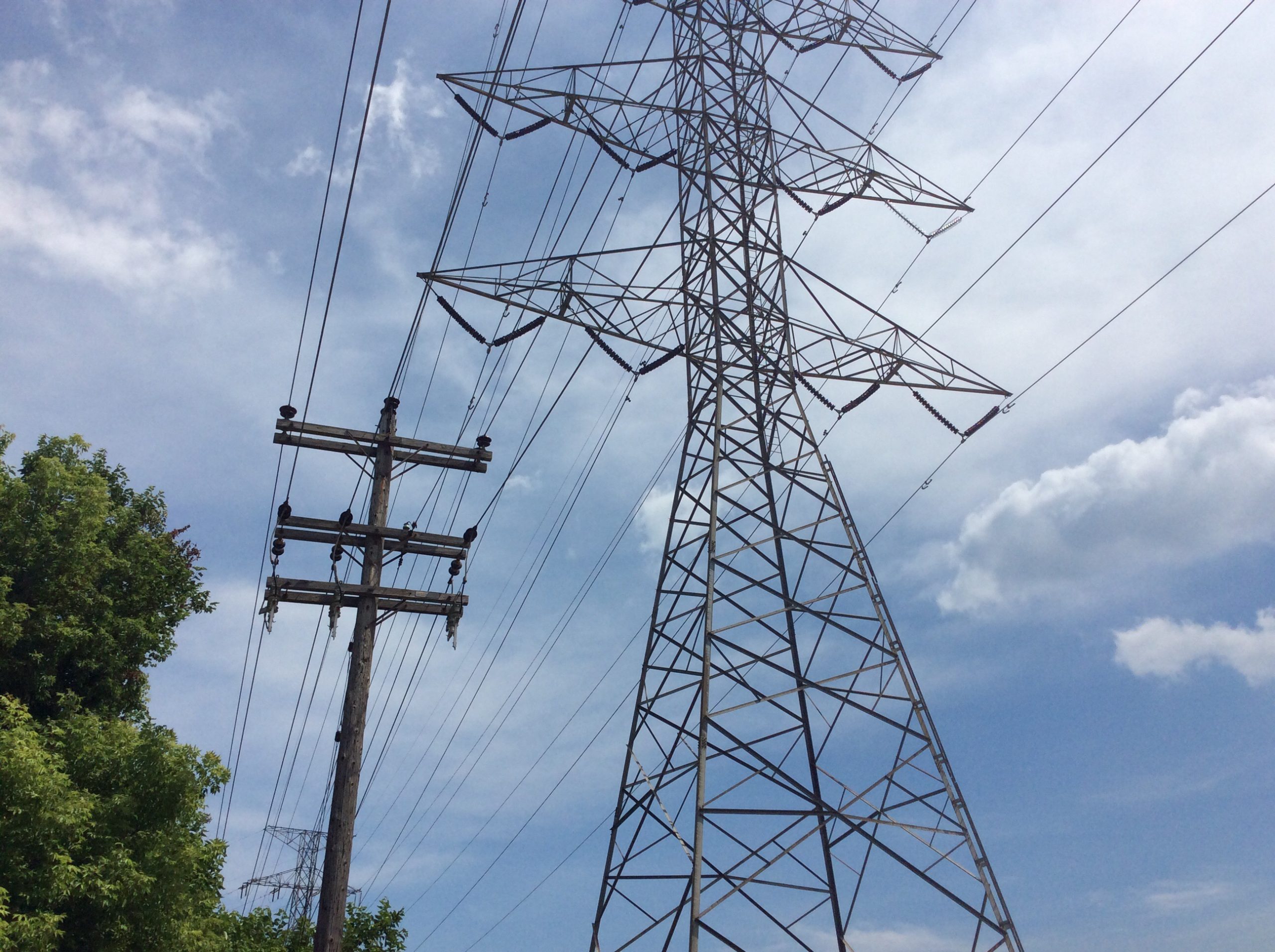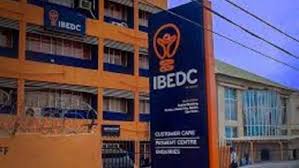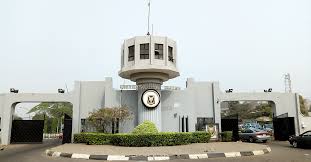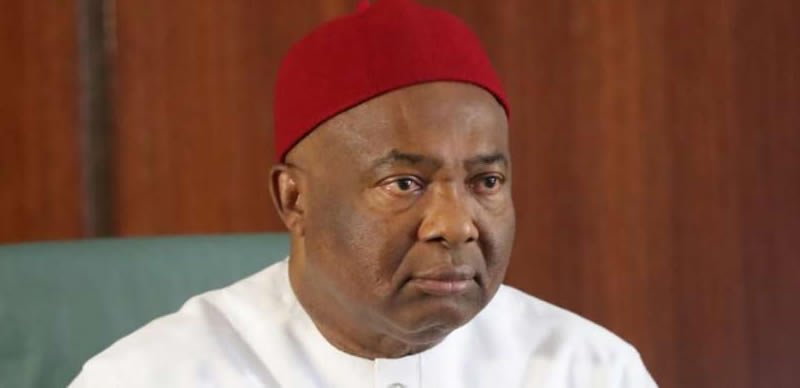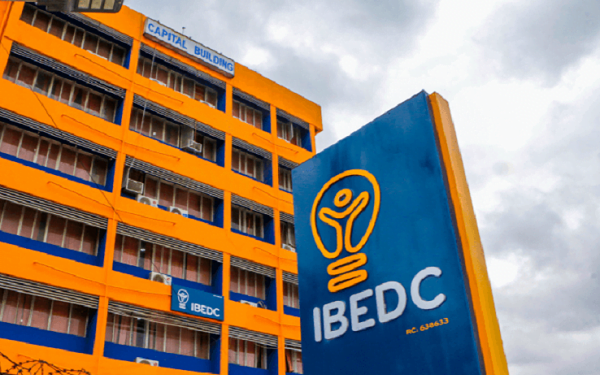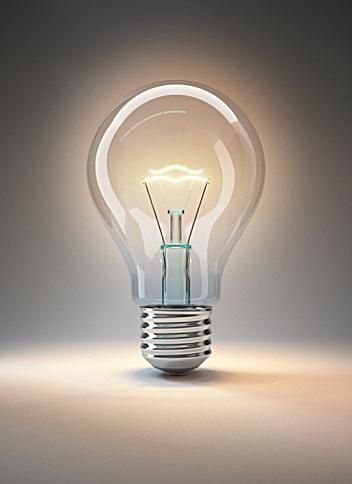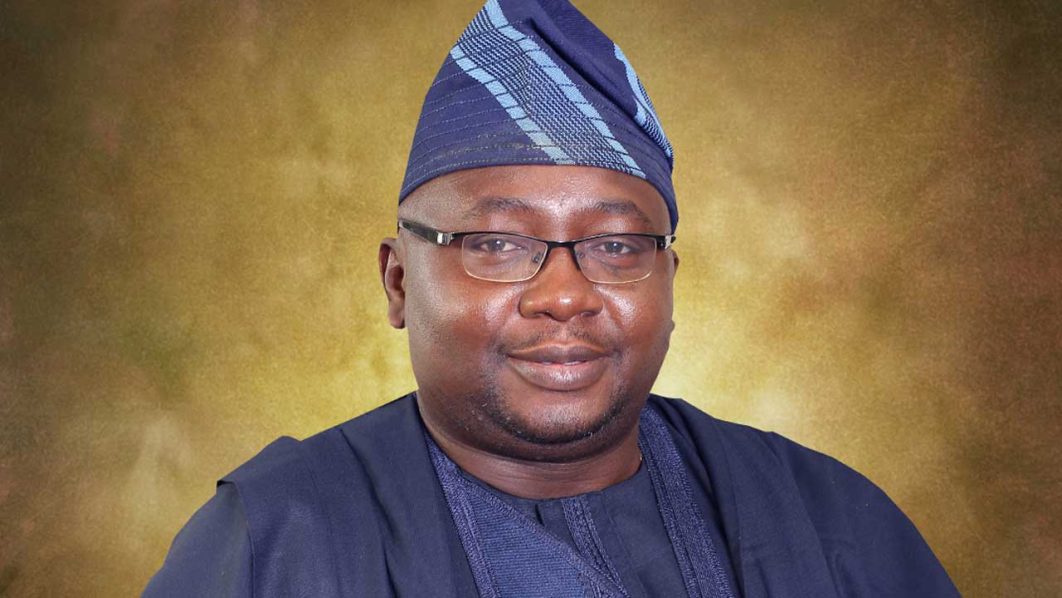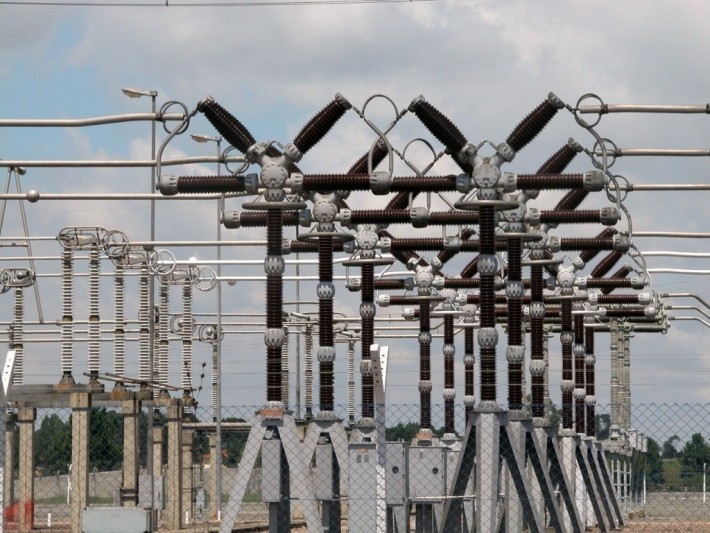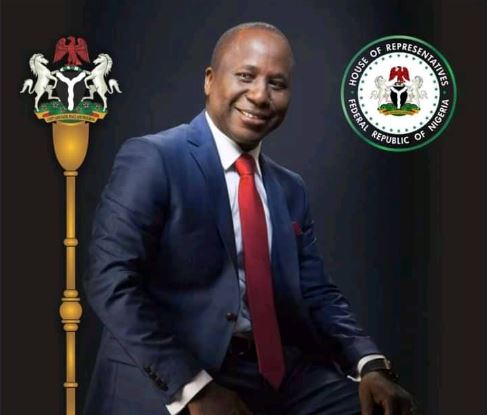By Steve Azaiki
For Nigerians, these are not the easiest of times. Happy faces are rare, because the mood is indignant. Adults—male and female—have stripped naked inside banking halls, demanding their cash. Fights break out routinely on queues before ATMs that dispense only miserly amounts. Small businesses have quietly folded up, at least in the meantime, because of low patronage occasioned by the cash crunch. Fuel queues disappear for only a few days, and then the filling stations run dry for weeks amid official explanations that don’t quite make sense to anyone any more. Nor do citizens feel safe and secure in cities, on the farm, or on the highways. Add the epileptic public power supply and the excruciatingly high cost of living, and it is easy to read the nation’s mood.
But there was hope on the horizon with the 2023 general elections around the corner. Eligible citizens had been mobilized to get their permanent voter’s card, because their votes would count, as the Independent National Electoral Commission (INEC) had promised. Frustration mingled with disappointment, because what ordinarily should have been a stroll-in to collect your PVC often turned into a search for a needle in a haystack with allegations of many PVCs missing or lost, raising fears of calculated disenfranchisement of certain groups in the country. Still, messages went viral that whatever anger anyone felt should be taken to the polling booth and expressed as a vote.
A Third Force had also arisen, to give the All Progressives Congress (APC) and the People’s Democratic Party (PDP) a good run. Nigerian youth, in their millions, were ready to make a statement with their PVCs, rather than vote with their feet across the Sahara and through the Mediterranean Sea. The presidential and National Assembly elections were held on February 25, 2023. While there have been much less complaints about the parliamentary polls, on the contrary, both local and international observers, ordinary folks, and the dispassionate, have given a thumbs-down to the presidential election. It has been a big let-down, a disappointment that has no doubt aggravated our national trauma.
There are some triggers of a nation’s collective trauma. A catastrophic natural or man-made disaster is one; so is bad news that shakes the foundation of a nation and leaves the citizens reeling. Epic disappointment such as badly conducted elections, which had earlier been hyped as the ultimate game-changer in election management, can rattle citizens, as indeed Nigerians have been. This isn’t just the whining of sore losers, but widespread disenchantment with a mismanaged presidential election, a position echoed by citizens and foreigners alike.
When a nation is traumatized, it slips into a state of agitation, of despair, faithlessness, agony, and irritation. These reactions are compounded by pre-existing conditions which the citizens had been coping with in the hope that somehow they would prevail over relentless adversity. I am aware of the legendary Nigerian spirit of resilience of which it is often said, in praise of the uniqueness of Nigerians, that there are few, if any, nations on earth whose citizens are battered by trauma after trauma, without suffering a national meltdown. Nigerians have a thick skin; our endurance in the face of adversity is rare on earth. Indeed, Nigerians exemplify the dictum that when the going gets tough, the tough gets going.
Yet, the point is inescapable that when a people suffer from repeated or prolonged trauma, it becomes difficult at some point in the future to rally the same traumatized citizens to a collective, national cause. In that circumstance, government may proceed with its programmes and projects, but it doesn’t have the citizens fully backing the agenda. Citizens who have been traumatized feel alienated and abandoned. They become cynical, which itself is a national mood that fails to acknowledge even the best efforts of government.
One of the tasks of a government is to offer hope to its citizens. Hope is a motivator upon which many more laudable ideas can be erected. But to raise hopes is to create expectations and simultaneous duties. The government expects the citizens to act in a certain way, and the citizens equally expect the government to act in a certain, complementary way. When citizens are frequently let down by their government—institutions and persons—the cut is deep, the pain enduring, and the trauma leaves a scar. Traumatized citizens have limitations in creativity and productivity. They might trudge along, under the weight of their trauma, and post the appearance of resilience; but they labour under the constraints of their collective trauma. The cost is often expressed as a loss of faith in systems and the recourse to self-help and shortcuts which in the end undermine the whole system, since shortcuts often imply non-compliance with rules and the concomitant lawlessness that pervades the land.
A time of national trauma calls for empathetic leadership whose words and reassurances can be a soothing balm. A time of national agony isn’t one for partisan triumphalism. Rather, it is a time when true leadership reaches out with wide open arms to embrace all and declare that we are in pain together, we weep together, and together we shall pull ourselves up and overcome. It is also a time for family, friends, associates, and communities to offer one another psycho-socio support, so we can collectively pull out of the national trauma. Yes, we have been let down by our government’s institutions; we cannot afford to let each other down. As Sharon Salzberg reminds us, “Resilience is based on compassion for ourselves as well as compassion for others.”
Beyond the healing gestures highlighted above, getting out of a national trauma also requires accountability. Whether man-made or natural catastrophe, pertinent questions must be raised and reasonable/cogent answers must be demanded. How prepared was the country for a disaster? What was the response as the disaster struck or unfolded? Lessons to prepare for the future, and sanctions for officials who were negligent or tardy, are the overriding considerations for such post-mortem evaluation. Such a process also gives citizens the feeling that they had not been taken for granted. It equally reassures them of preparations and fortifications against future occurrences.
In the aftermath of the elections fiasco of February 25, 2023, it is shocking that INEC has treated citizens with utmost disdain. As the polls unravelled, INEC was mute in its public communication, and when it chose to speak more than 48 hours later, with citizens already infuriated, the election management body hardly made sense with its incoherent explanations for its woeful logistics glitches and failure to upload, real-time, polling unit results to its IREV portal, as a check against result manipulation. INEC even now has not demonstrated the capacity for critical self-examination for the trauma it has inflicted on the citizens and the nation. How does a country fund a commission with N305 billion for election purposes and end up with a dismal outing? It is an unpleasant outcome for which INEC must be held accountable.
• Professor Steve Azaiki, OON, is a Member Representing Yenagoa/Kolokuma/Okpokuma Federal Constituency of Bayelsa State in the House of Representatives.
